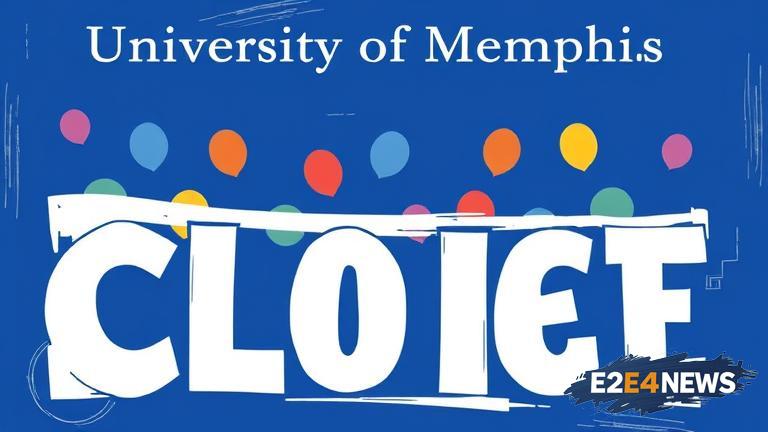The University of Memphis has faced backlash from its students and faculty after the sudden closure of the Multicultural Affairs office. The office, which played a crucial role in promoting diversity and inclusion on campus, was shut down without prior notice, leaving many in the community feeling disappointed and concerned. The decision has sparked a wave of protests, with students and faculty members coming together to express their discontent. The protests, which are scheduled to take place in the coming days, aim to raise awareness about the importance of the Multicultural Affairs office and the impact of its closure on the university community. The office was not only a safe space for students from diverse backgrounds but also provided essential resources and support for marginalized groups. Its closure has left many feeling vulnerable and unsupported. The university administration has cited budget constraints as the reason for the closure, but many are questioning the decision, arguing that it undermines the university’s commitment to diversity and inclusion. The protests are being organized by a coalition of student groups and faculty members, who are demanding that the university reinstate the Multicultural Affairs office. The coalition has also launched a petition, which has garnered significant support from the university community. The closure of the Multicultural Affairs office has also sparked concerns about the university’s ability to attract and retain diverse talent. Many students and faculty members are worried that the closure will create a hostile environment for marginalized groups, making it difficult for them to feel welcome and included on campus. The university administration has promised to listen to the concerns of the protesters, but many are skeptical about the administration’s commitment to diversity and inclusion. The protests are expected to continue in the coming days, with students and faculty members vowing to fight for the reinstatement of the Multicultural Affairs office. The university community is coming together to support the protests, with many students and faculty members expressing their solidarity on social media using the hashtag #ReinstateMAO. The closure of the Multicultural Affairs office has also sparked a wider conversation about the importance of diversity and inclusion in higher education. Many experts are arguing that the closure is a step backwards for the university, which has a reputation for being a diverse and inclusive institution. The university administration has promised to provide alternative support services for marginalized groups, but many are questioning the effectiveness of these services. The protests are a testament to the university community’s commitment to diversity and inclusion, and many are hoping that the administration will listen to their concerns and reinstate the Multicultural Affairs office. The closure of the office has also sparked concerns about the university’s ability to provide a safe and supportive environment for all students. Many students and faculty members are worried that the closure will create a power vacuum, allowing discriminatory behaviors to go unchecked. The university administration has promised to investigate any incidents of discrimination, but many are skeptical about the administration’s ability to address these issues effectively. The protests are expected to continue until the university administration agrees to reinstate the Multicultural Affairs office. The university community is united in its demand for the reinstatement of the office, and many are hoping that the administration will listen to their concerns and take action to address the issues raised by the closure.
